

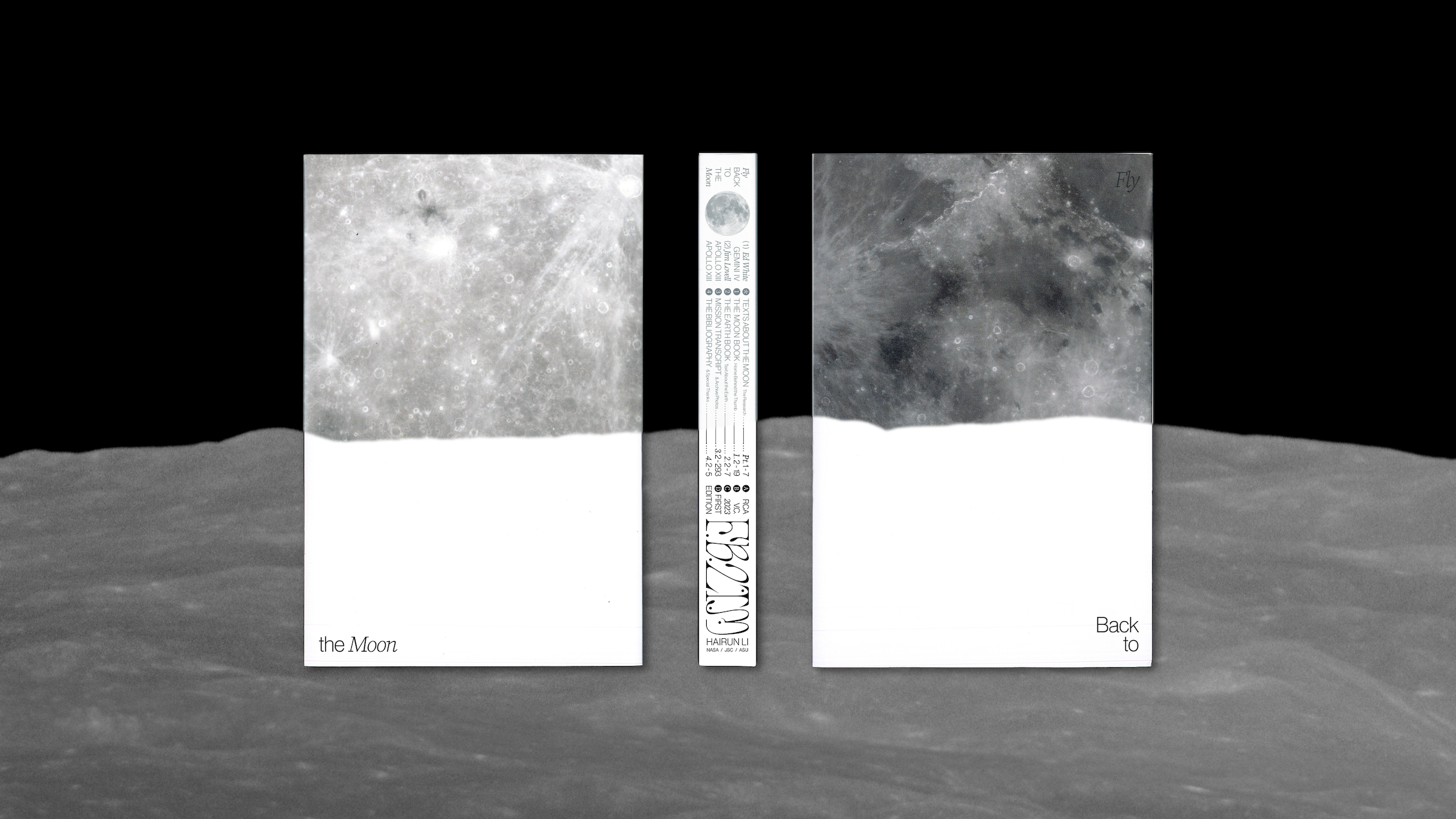
 August 30th, 2023
August 30th, 2023
 4:41 min read
4:41 min read  1289 words
1289 words
This is a book written for the Moon. It carries the thoughts of an ordinary human being living on Earth about the Moon.
In 1972, Apollo 17 carried commander Eugene Cernan, command module pilot Ronald Evans and scientist Harrison Schmitt return back after a three-day stay on the lunar surface. Since then, humans have never returned to the Moon. After that attempt, humans seemed to have crossed the moon landing off the to-do list, and never bothered with it again.
What does the moon landing really mean for mankind? Countless online journeys highlight the importance of the moon landing to the US in winning the US-Soviet space arms race in the last century. Looking back at the images and literature of the era, we can appreciate that there seemed to be a great deal of enthusiasm for the moon landing on the part of both the US government and the public. Thanks to this enthusiasm, huge investment regardless of cost, the creativity of young scientists and relatively lenient risk assessments, mankind was finally able to stand above Mare Tranquillitatis and look from the surface of the Moon to Earth for the first time.
I particularly liked what one astronaut said about how he felt in lunar orbit:
“You could cover the whole planet with one thumb. Anyone you love, anyone who loves you, anything you seek, any honour you are proud of, any memory that brings you joy or pain, is behind your thumb.”
As we stood above the Moon, we finally looked at the earth in such a light for the first time. I couldn’t help but wonder what I would have thought if I had been lucky enough to be one of the 12 people who were there, if I too had the opportunity to look back at the Earth, the place on which I would probably live for the rest of my life, the home where I lived. What would I feel when I first saw the Earth rise from the horizon of the Moon?
Looking at that blue planet, at the only place we know that gave birth to life, while beneath our feet is a pure land that has never been disturbed by life before. When we are here, perhaps we have an answer to the purpose of our flight to the Moon.
Buzz Aldrin 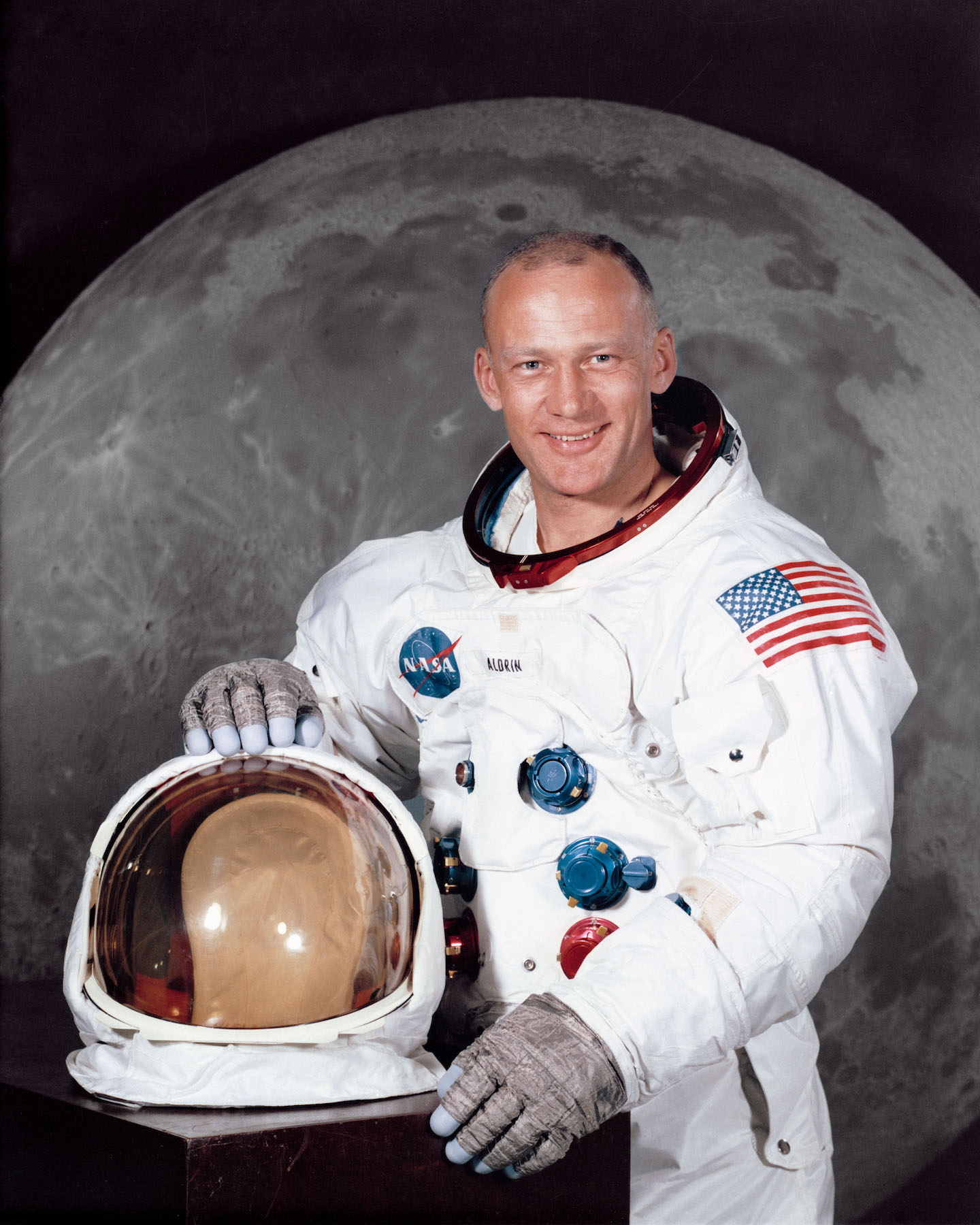 Buzz Aldrin, Apollo 11, Born in 1930, David Scott
Buzz Aldrin, Apollo 11, Born in 1930, David Scott 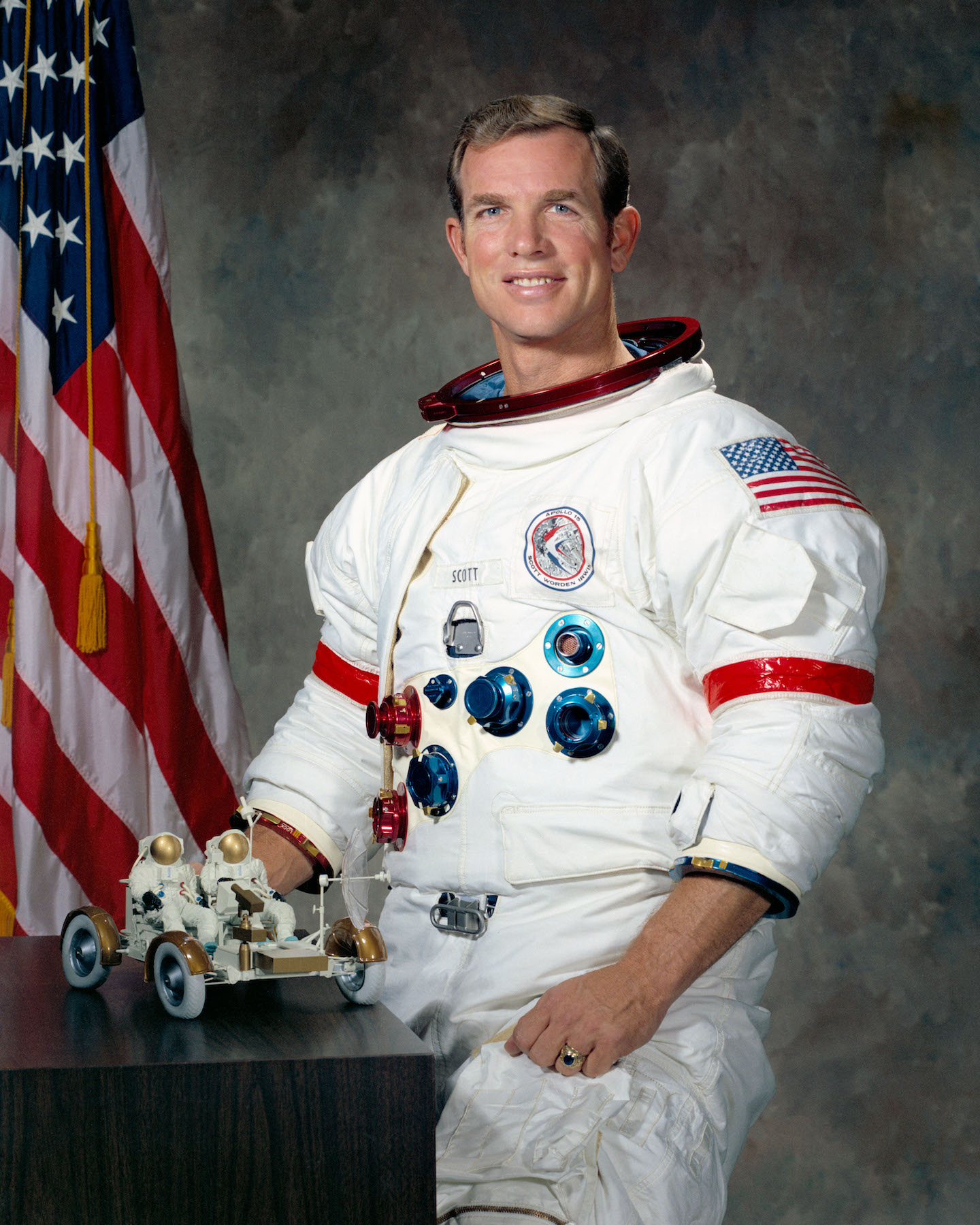 David Randolph Scott, Apollo 15, Born in 1932, Charles Duke
David Randolph Scott, Apollo 15, Born in 1932, Charles Duke 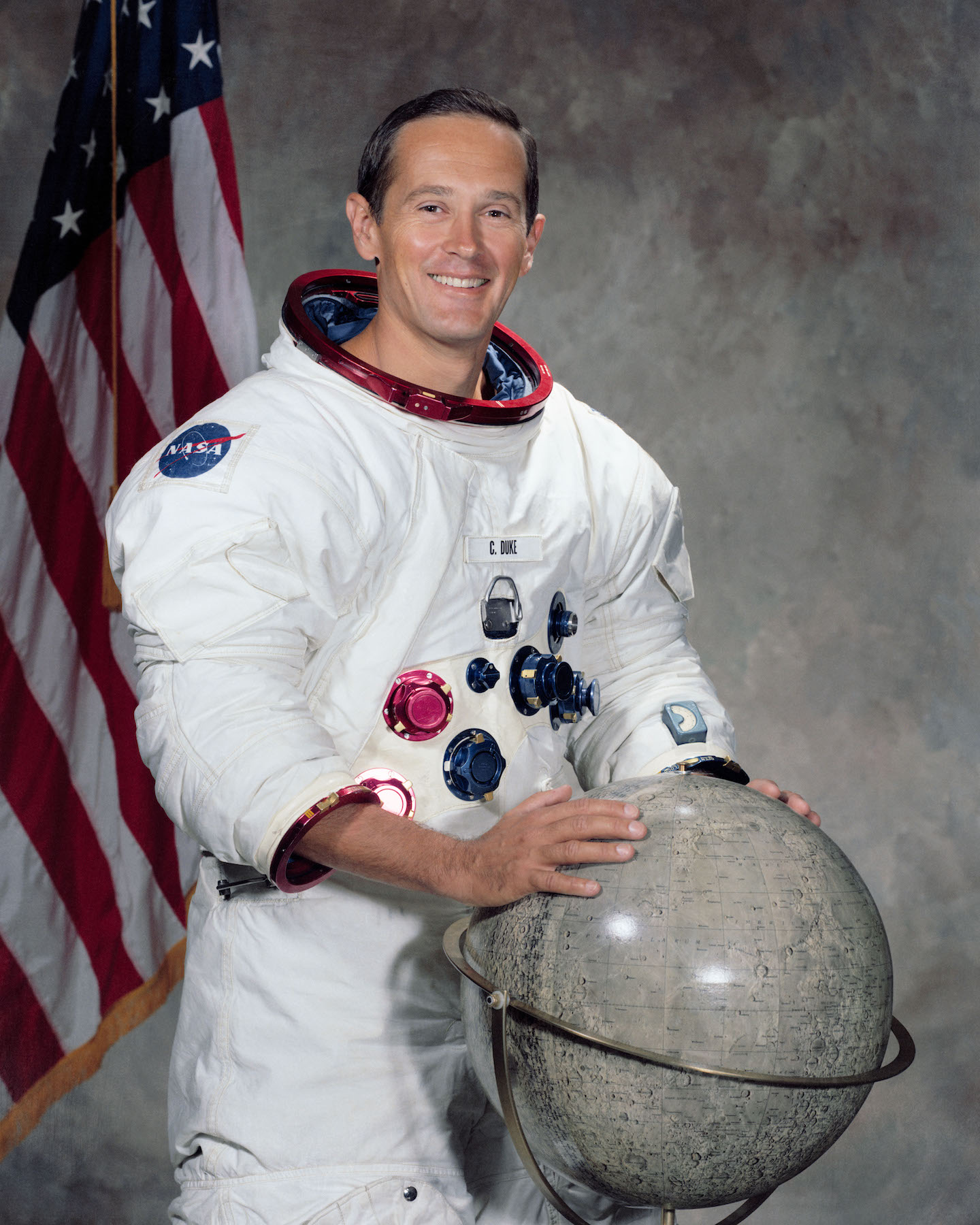 Charles Moss Duke Jr., Apollo 16, Born in 1935, and Harrison Schmitt
Charles Moss Duke Jr., Apollo 16, Born in 1935, and Harrison Schmitt 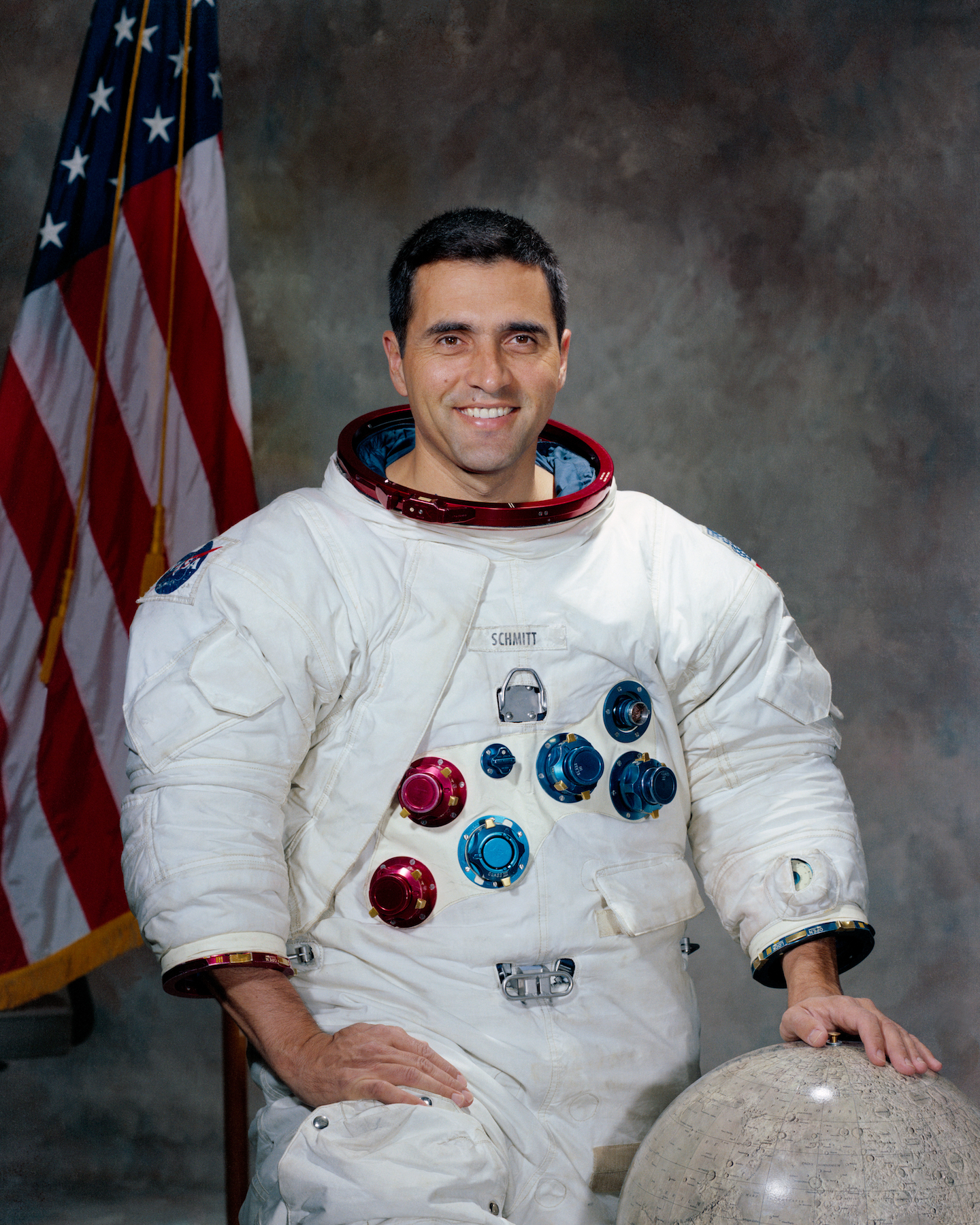 Harrison Hagan Schmitt, Apollo 17, Born in 1935. I am writing this text in March 2023. At this moment, these four people are the only ones left on Earth who have ever looked back at the Earth from the Moon, and that number will eventually reach a desperate zero. As our confusion about being on the Moon becomes a question that cannot be answered, what is left of our memories of the Moon? We may need to stand on the Moondust again in order to answer this.
Harrison Hagan Schmitt, Apollo 17, Born in 1935. I am writing this text in March 2023. At this moment, these four people are the only ones left on Earth who have ever looked back at the Earth from the Moon, and that number will eventually reach a desperate zero. As our confusion about being on the Moon becomes a question that cannot be answered, what is left of our memories of the Moon? We may need to stand on the Moondust again in order to answer this.
The Moon is simply a perfect being for a satellite. It has an ingenious size, it keeps a perfect distance from the Earth. These coincidences make the Moon and the Sun appear almost the same size from the Earth. The Moon thus has the opportunity to completely block the Sun and temporarily assert its sovereignty over the sky. Not only that, but the Moon also brings tides to the Earth, thus driving life towards land. The Moon helps to maintain the elegant and stable tilt of the Earth, giving us a regular change of seasons. All this makes the Moon look more and more perfect. In the cosmos as we observe it, it is not only the Earth that is a unique being. The Moon, the only satellite of the Earth, is also delicate and wonderful, and we should cherish it.
The Moon didn’t always look so right. According to some studies, at the time of its creation, the Moon appeared to be 15 times larger than it is today. The huge moon hung in the sky, staring down at the Earth. After that it moved away from the Earth at a rate of 3.8 centimetres per year. In a few years’ time, we may only be able to see the Moon over the sun. The other stars are also moving away from us because of the expansion of the universe. So it seems that we are in a fortunate age. We can still see the stars and a full moon with an apparent diameter of between 29.3’ and 34.1’. In a few years’ time, when we look into the sky again, we may only see the small Moon and a few stars, and endless darkness.
What kind of relationship does the Moon maintain with the Earth? Although the true cause of the Moon is still unknown, existing geological observations confirm that the Earth and the Moon share the same roots. The Moon was once part of the Earth and grew with it. To return to the Moon is also to return to our ancient homeland.
When I confidently talked with my tutor a few months ago about the connection between the Odyssey and space voyage, he chatted with interest about the clever relationship between the Odyssey and the space voyage: “Well, although people like to use Odyssey to refer to space voyage, the Odyssey itself is telling a story about coming home. ” Having said this, he paused. Yes, exploring space might be a journey home to the place that provides all the elements that make us up. And returning to the Moon is the first step in our journey home. Returning to that place that we remember as the most familiar but unfamiliar.
The aftermath of World War II had a severe impact on the economies of all countries involved in the conflict. But the United States seized this opportunity to leap forward and gather most of the world’s industrial production capacity. The idealists born of the ‘baby boom’ enjoyed an explosion of wealth, desire and enthusiasm. They sang “I hope I die before I get old”, as if nothing was unattainable in this country. All this culminated in the moon landing, which brought mankind into the so-called ‘space age’ with a bang. But it all seemed to go too fast, and after that, people quickly fell into silence.
When my tutor talked to me about the man on the Moon and the Apollo programme, he could go on for ages. That night, as I sat in the Science Museum’s IMAX cinema and watched Kubrick’s 2001 A Space Odyssey in high resolution, every grain of film was so clear with modern technology. I looked at the special effects moon, filmed at a time when no one had ever seen the Moon’s surface in person. I suddenly understood why my tutor had talked about the betrayal he had felt when he heard that the Apollo programme had been cancelled, and the flash of loss in his eyes.
It was not, or not just, a betrayal of a promise, but a betrayal of mankind’s desire for a ‘new world’, when the US abandoned the Apollo programme in 1972 simply because “the moon landing no longer made sense”. If the lunar landing plan could be continued, human architecture might have already sprung up on the Moon, or even on Mars, by now. The scenes in 2001: A Space Odyssey might actually have happened in the year 2001. As Arthur C. Clarke looked up at the Saturn V, he exclaimed “The end of the old world”. What he probably did not expect was that mankind did not stay in the ‘new world’ for long, but soon fell back into the ‘old world’. Perhaps to thrive in the ‘old world’ order is what humanity wants now. It was only when the US’s position in the Old World was no longer secure that he finally remembered the Moon as the door to the New World. If only it could find the key that would unlock this door, the United States would be able to re-establish order in the ‘new world’ and win a new race.
In the near future, will mankind count backwards and send three more lucky people to the Moon, just as it did then? The United States, China, Europe, Russia, India and Japan, all of these countries have plans for a manned moon landing by 2030. We seem to be back to the days when the masses went crazy over JFK’s promise to go to the Moon. I can’t hold back my excitement for a new ‘race’ to the Moon. But it makes me feel a little sad all over again when I think that we need to go back to the Moon as a ‘person of some nation’.
Was the moon landing just this new political orgy in the end? The will of the individual seems to be rendered meaningless in the face of the costly project of going to the Moon. Countries want to show their power by going to the Moon as a way to explore the possibilities of their national future.
All I want is to step on top of the lunar surface, find a smooth rock to sit on and watch the Earth that gave birth to me rise from the horizon.
The Moon has been portrayed as holy and pure in many cultures, and this statement appears all the more convincing in the bright moonlight of the dark night. But all that seemed to change when Armstrong first set foot on a land that had ‘never been touched by life’. Since then, this cold, barren land has been marked by the recklessness of life.
When humans first landed on the Moon, criticism was rife. Some people 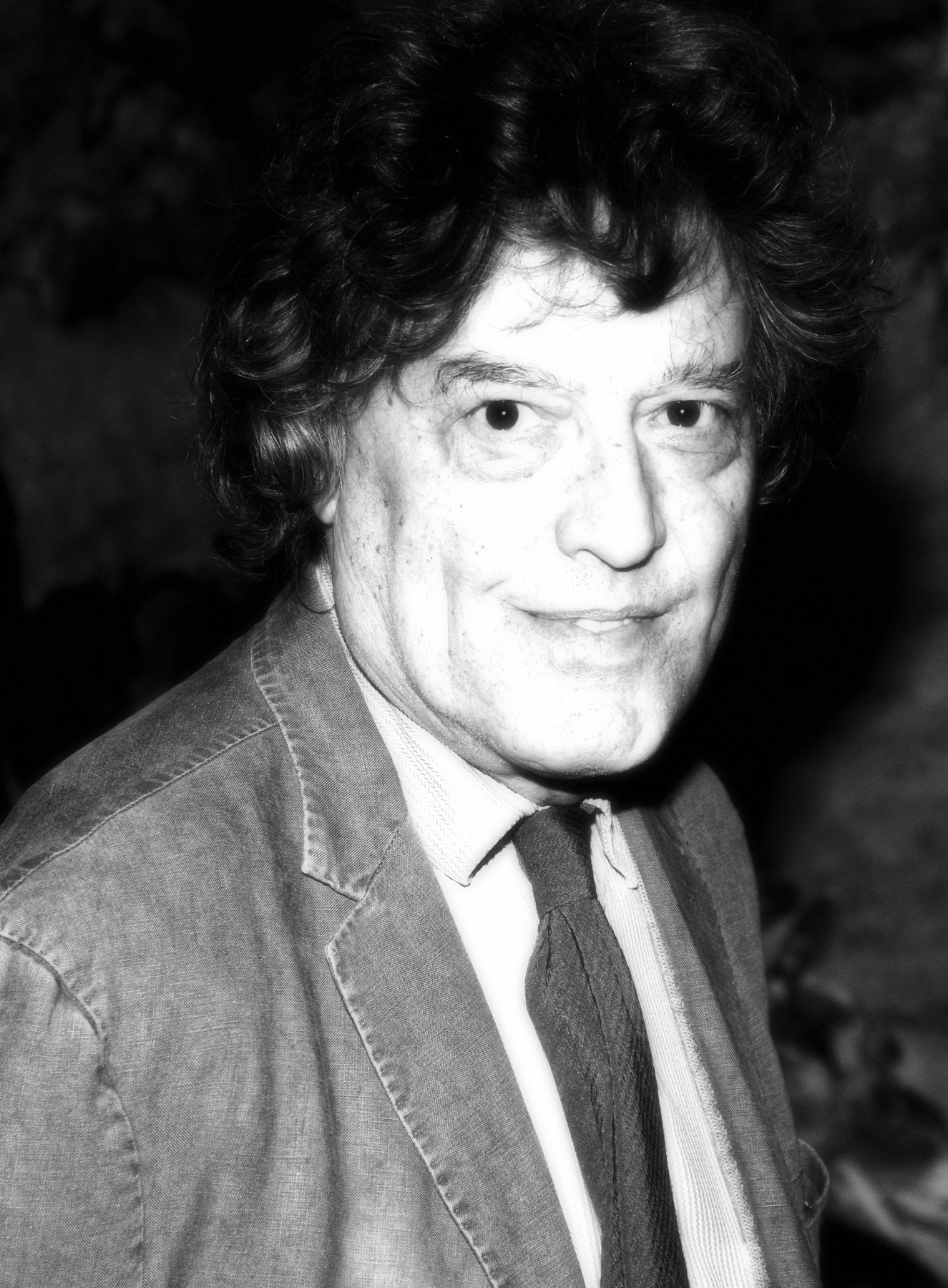 Astrologers Bill Reeker and Tom Stoppard claimed that this human action had ‘tarnished’ the Moon and ‘broken’ its purity and mystery. Frankly, I have some empathy for them. The fact that man has landed on the Moon is both exciting and sad.
Astrologers Bill Reeker and Tom Stoppard claimed that this human action had ‘tarnished’ the Moon and ‘broken’ its purity and mystery. Frankly, I have some empathy for them. The fact that man has landed on the Moon is both exciting and sad.
I am excited about having one more planet for humans to touch, and sad about having one less planet without human traces.
But in thinking that the Moon was once part of the Earth and helped nurture life on it, the moon landing seemed more like a re-entry into that old familiar home. We gently dusted off the floating dust, revealing the mottled paintwork and dried wood grain that reminded us of the uncanny familiarity of the house, even though we had never met.
Half a century had passed and rude humans no longer bothered to infest the Moon. After everything has been raised and the dust has fallen, everything seems to be the same again. Above the blue planet, human groups continue to fight over their ideology, energy and development. The Moon is once again a spectator, watching the ebb and flow quietly. The Moon seems to be the same again, as if nothing has ever changed.